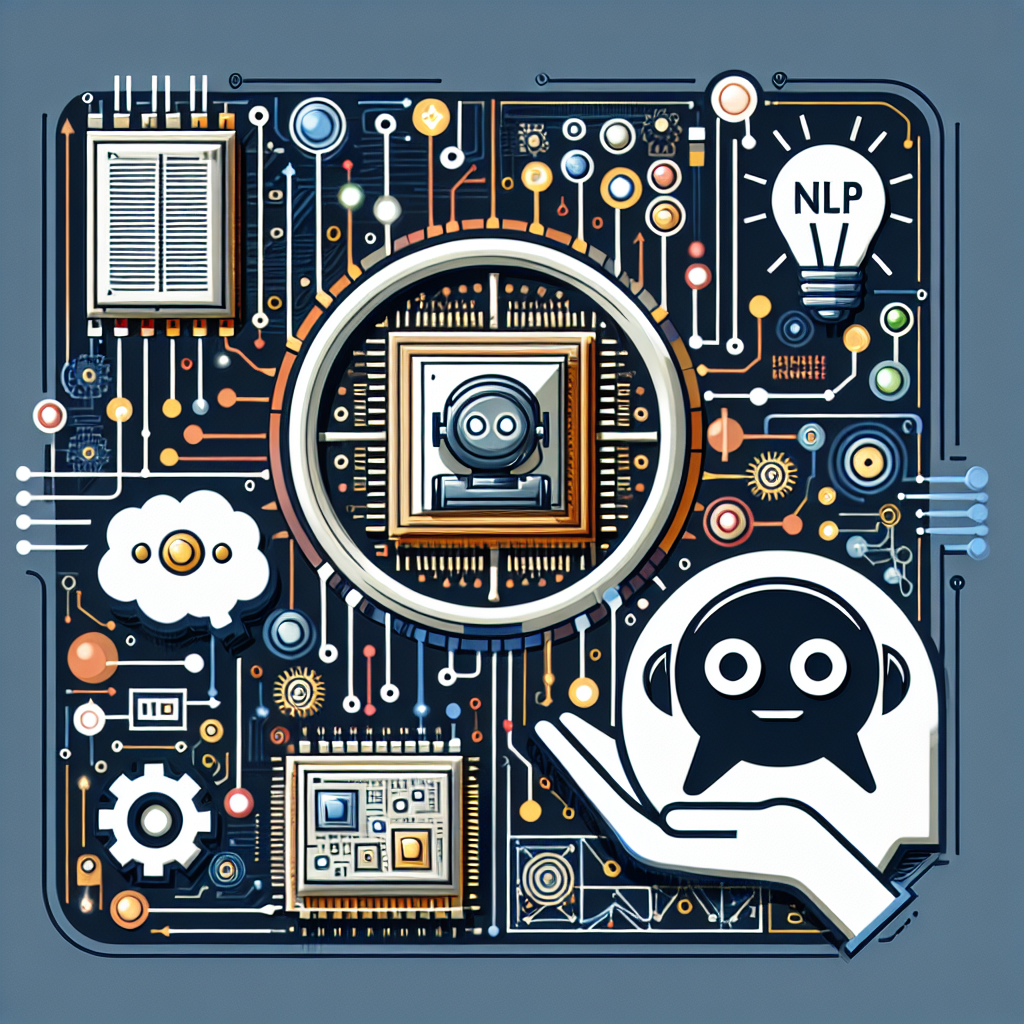Natural Language Processing (NLP) is a field of artificial intelligence that focuses on the interaction between computers and humans using natural language. It plays a crucial role in chatbot development, enabling these AI-powered conversational agents to understand, interpret, and generate human language. In this article, we will explore the importance of NLP in chatbot development and how it helps create more effective and engaging chatbot experiences.
The Role of NLP in Chatbot Development
Chatbots have become increasingly popular in recent years, offering businesses a cost-effective way to provide customer service, automate tasks, and engage with users in a more personalized manner. However, for chatbots to be effective, they need to be able to understand and respond to user queries in a natural and conversational way. This is where NLP comes in.
NLP allows chatbots to analyze and interpret human language, enabling them to understand the context, intent, and sentiment behind user messages. By utilizing NLP techniques such as text classification, named entity recognition, sentiment analysis, and natural language generation, chatbots can generate relevant responses, provide accurate information, and engage users in meaningful conversations.
One of the key challenges in chatbot development is ensuring that the chatbot can understand the diverse and sometimes ambiguous nature of human language. NLP helps address this challenge by enabling chatbots to process and analyze text, identify patterns, and extract meaningful information from user messages. This allows chatbots to respond intelligently to user queries, provide relevant recommendations, and offer personalized assistance.
In addition to understanding user queries, NLP also plays a crucial role in natural language generation, allowing chatbots to generate human-like responses that are contextually relevant and engaging. By using techniques such as machine learning and deep learning, chatbots can learn from past interactions and adapt their responses to better meet the needs of users.
Overall, NLP is essential for creating chatbots that can provide users with a seamless and natural conversational experience. By leveraging the power of NLP, businesses can develop chatbots that are more intelligent, responsive, and capable of understanding and interacting with users in a more human-like manner.
FAQs about NLP for Chatbot Development
Q: What is the difference between NLP and NLU?
A: NLP (Natural Language Processing) is a broader field that encompasses all aspects of processing and analyzing natural language, while NLU (Natural Language Understanding) focuses specifically on the understanding of human language and extracting meaning from text.
Q: How does NLP help improve chatbot performance?
A: NLP enables chatbots to understand, interpret, and generate human language, allowing them to provide more accurate and relevant responses to user queries, engage users in meaningful conversations, and offer personalized assistance.
Q: What are some common NLP techniques used in chatbot development?
A: Some common NLP techniques used in chatbot development include text classification, named entity recognition, sentiment analysis, and natural language generation.
Q: How can businesses benefit from using NLP in chatbot development?
A: By leveraging NLP in chatbot development, businesses can improve customer service, automate tasks, engage with users in a more personalized manner, and gain valuable insights from user interactions.
Q: What are some challenges in using NLP for chatbot development?
A: Some challenges in using NLP for chatbot development include understanding the diverse and sometimes ambiguous nature of human language, training chatbots to respond intelligently to user queries, and ensuring that chatbots can generate human-like responses.
In conclusion, Natural Language Processing (NLP) plays a crucial role in chatbot development, enabling these AI-powered conversational agents to understand, interpret, and generate human language. By leveraging the power of NLP, businesses can create chatbots that provide users with a seamless and natural conversational experience, leading to improved customer service, automation of tasks, and more personalized interactions. NLP is essential for developing chatbots that are more intelligent, responsive, and capable of understanding and interacting with users in a more human-like manner.

